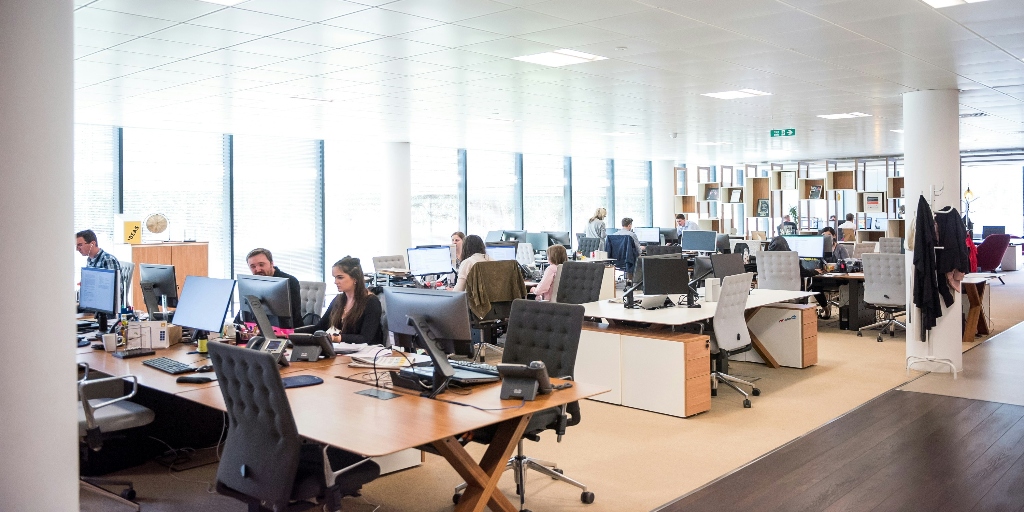- HOME
- Product Tips
- How solopreneurs in Australia and New Zealand can simplify their business operations
How solopreneurs in Australia and New Zealand can simplify their business operations
- Last Updated : October 22, 2025
- 245 Views
- 4 Min Read

Running a business on your own in Australia or New Zealand comes with both freedom and responsibility. Solopreneurs, such as freelancers, consultants, tradespeople, and gig workers, choose their clients, working hours, and locations. However, this means that every aspect of the business, from client communication to finances, lands squarely on their shoulders.
The flexibility of entrepreneurship is appealing, but it also requires constant attention to detail. Every decision, deadline, and interaction rests on one person, and that can create pressure that is often invisible to others. In many ways, being a solopreneur is a balancing act: delivering high-quality work while managing the operational side of the business efficiently.
The rise of solo businesses in ANZ
Data shows that independent operators are a significant part of the business landscape in both countries. According to the Australian Bureau of Statistics, 2.7 million actively trading businesses were registered in Australia as of June 2025. Over 62% of these businesses were self-employed or non-employing, meaning they are run entirely by a single individual. In New Zealand, early 2024 figures show over 612,000 enterprises, many of which are small or solo-run.
These numbers do more than quantify the trend, they highlight the scale of responsibility carried by solopreneurs. From the freelancer creating designs in a co-working space in Sydney to a consultant travelling between clients in Wellington or a tradesperson covering regional towns, the challenges are often the same: managing projects efficiently, keeping clients satisfied, and maintaining a clear view of financial health.
The hidden challenges of running a business alone
Solopreneurs enjoy flexibility, but that independence comes with challenges that can quickly pile up. Managing client relationships, tracking work hours, handling invoices, and monitoring expenses all require attention and accuracy. When these tasks are spread across multiple apps or systems, small mistakes can quickly become larger issues.
Common challenges solopreneurs face include:
- Coordinating with clients: Conversations, revisions, and deadlines are often scattered across emails, messages, and multiple apps, making it easy to miss critical information.
- Time management: Accurately recording billable hours is difficult when switching between projects or working outside standard hours. Under-billing or miscalculating hours can hurt revenue.
- Cash flow delays: Fragmented invoicing, manual reminders, or lost follow-ups can slow down payments and affect financial stability.
- Expense and record management: Receipts, mileage logs, and other expense records can pile up, creating headaches during tax time. Without clear categorisation, reporting becomes cumbersome.
- Tool fatigue: Juggling several apps for tasks, client communication, and accounting consumes time that could be spent on actual business work.
These challenges are not about a lack of skill. They reflect the sheer breadth of responsibilities that fall on a solopreneur’s shoulders. For many, the administrative load can start to feel like a second full-time job.
Finding tools to simplify daily operations
For solopreneurs, efficiency comes from streamlining how they handle the operational side of their business. Using multiple apps or methods to track clients, tasks, expenses, and invoices can fragment workflows, leading to missed opportunities, miscommunication, or time lost on repetitive tasks.
A single platform that centralises these functions allows solopreneurs to manage their business holistically. This keeps client and project information organised and helps ensure deadlines and payments are met on time.
Zoho Solo was developed to address these exact needs. It offers solopreneurs a single interface to create and manage clients, track projects, record expenses, and issue invoices efficiently.
Keeping your work organised and on track
A tool like Zoho Solo allows solopreneurs to stay organised without sacrificing the flexibility that drew them to self-employment in the first place. The platform provides capabilities tailored for the realities of running a one-person business:
- Centralised tasks, invoices, and expenses: Everything can be created and managed in one place, reducing the need to switch between apps.
- Drag-and-drop organisation: Notes, reminders, and receipts can be easily moved and associated with the right job or client, keeping critical details accessible and reducing the risk of misplacing information.
- Expense management: Expenses can be categorised manually, while mileage logs are automatically classified to simplify travel claims.
- Smart receipt capture: On supported iOS devices with iOS 26 or later, receipts can be scanned to automatically create expenses with pre-filled details, saving time and reducing errors.
This combination of tools means solopreneurs spend less time on administrative tasks and more time focusing on delivering their services or growing their business. It also ensures that essential records are kept in order, making financial reporting and tax preparation much simpler.
Growing your business without losing control
At its core, solopreneurship is defined by freedom: control over clients, schedules, and the direction of one’s work. But that freedom can be compromised if administrative tasks consume too much time or mental energy.
Tools like Zoho Solo help solopreneurs maintain this balance. By centralising business operations, reducing manual repetition, and providing quick insights into performance and finances, the app allows independent business owners to retain control over their workday while staying on top of essential tasks.
The platform is free to start, and as your business grows, you can upgrade to the Pro plan at $14.99 per month. The Pro plan includes everything in the free version, along with advanced tools like a card scanner, mileage tracker, payment gateway integrations, payment links, and invoice customisation options such as white labelling.
For the growing community of freelancers, business analysts, and independent operators across Australia and New Zealand, these tools are increasingly essential for running a successful independent business and building sustainable entrepreneurship.


